Acquired brain injury support
Home care for rehabilitating after a brain injury
Our dedicated, nurse-led home care supports you and your family after a brain injury.
Brain injuries can throw entire families into disarray. The aftermath is an incredibly stressful period for those who have sustained them, as well as their loved ones. Many people affected are left needing round-the-clock brain injury support.
Here at Helping Hands, we provide nursing-led care for people living with – and rehabilitating from – an acquired brain injury. With over 30 years’ experience in supporting people at home, our person-centred care plans are helping individuals across England and Wales with varying severities of acquired brain injuries, including traumatic brain injury support, hydrocephalus support and stroke aftercare.
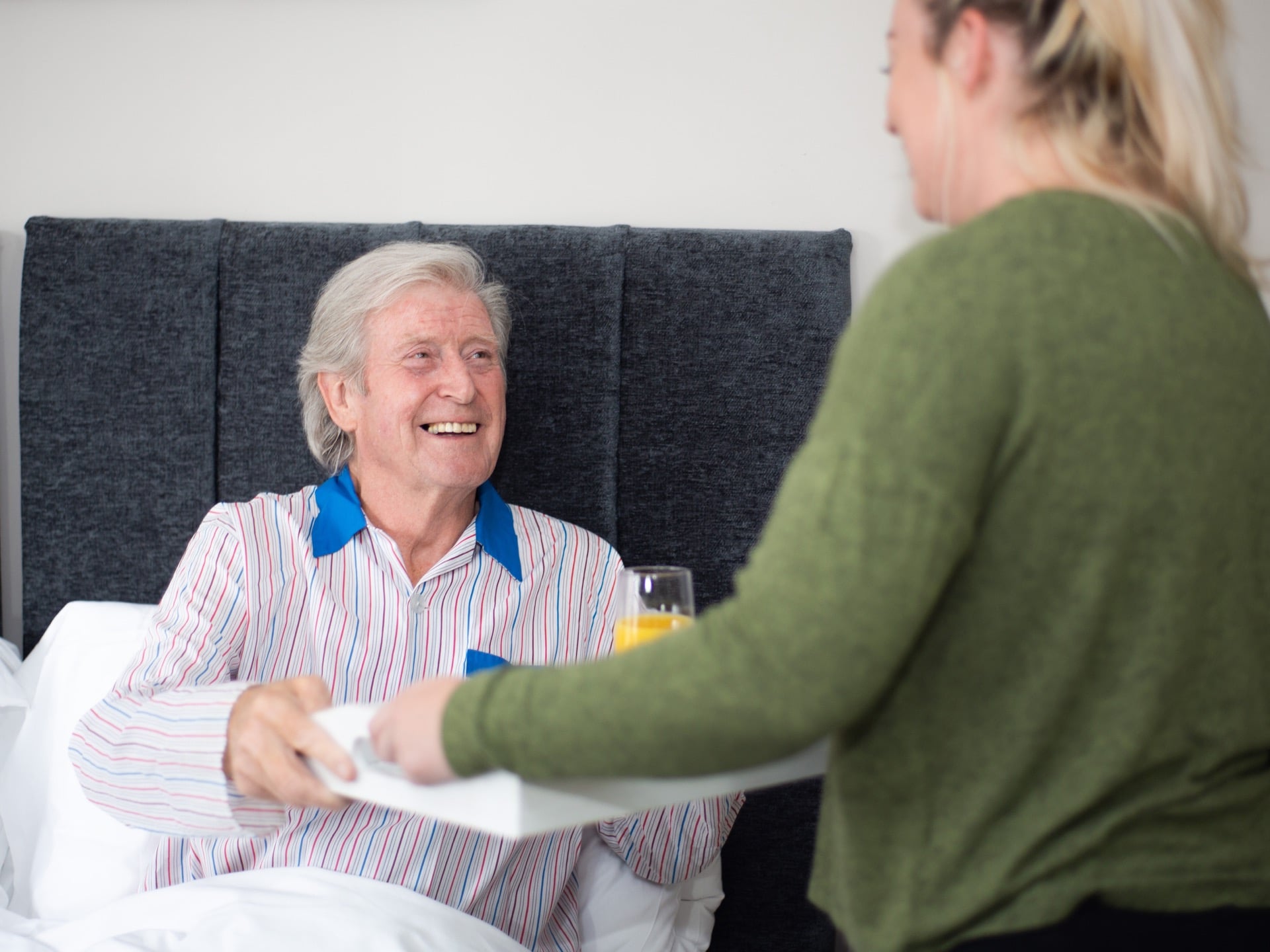
Our approach to brain injury support
Our customers appreciate our unique and flexible approach to brain injury support, as it allows you or your loved one to have the option of staying in the family home.
We work with you to create a home care plan that’s completely based around your existing routines. In most cases, each care plan has a focus on neuro-rehabilitation activities to help with re-learning everyday tasks. This is particularly important with research suggesting that an early referral in the acute stages of recovery from brain injury increases the chances of significantly better emotional well-being, social integration and vocational functioning (Reid-Arndt et al, 2007).
Expertly trained carers
Our expert carers provide the right level of support for each acquired brain injury (ABI) classification
Working with medical specialists
We work with your medical specialists, rehabilitation centre, therapists and other health experts
Support tailored to you
We’ll always tailor our brain injury support to the meet your full needs and your projected outcomes
How a carer can support you at home
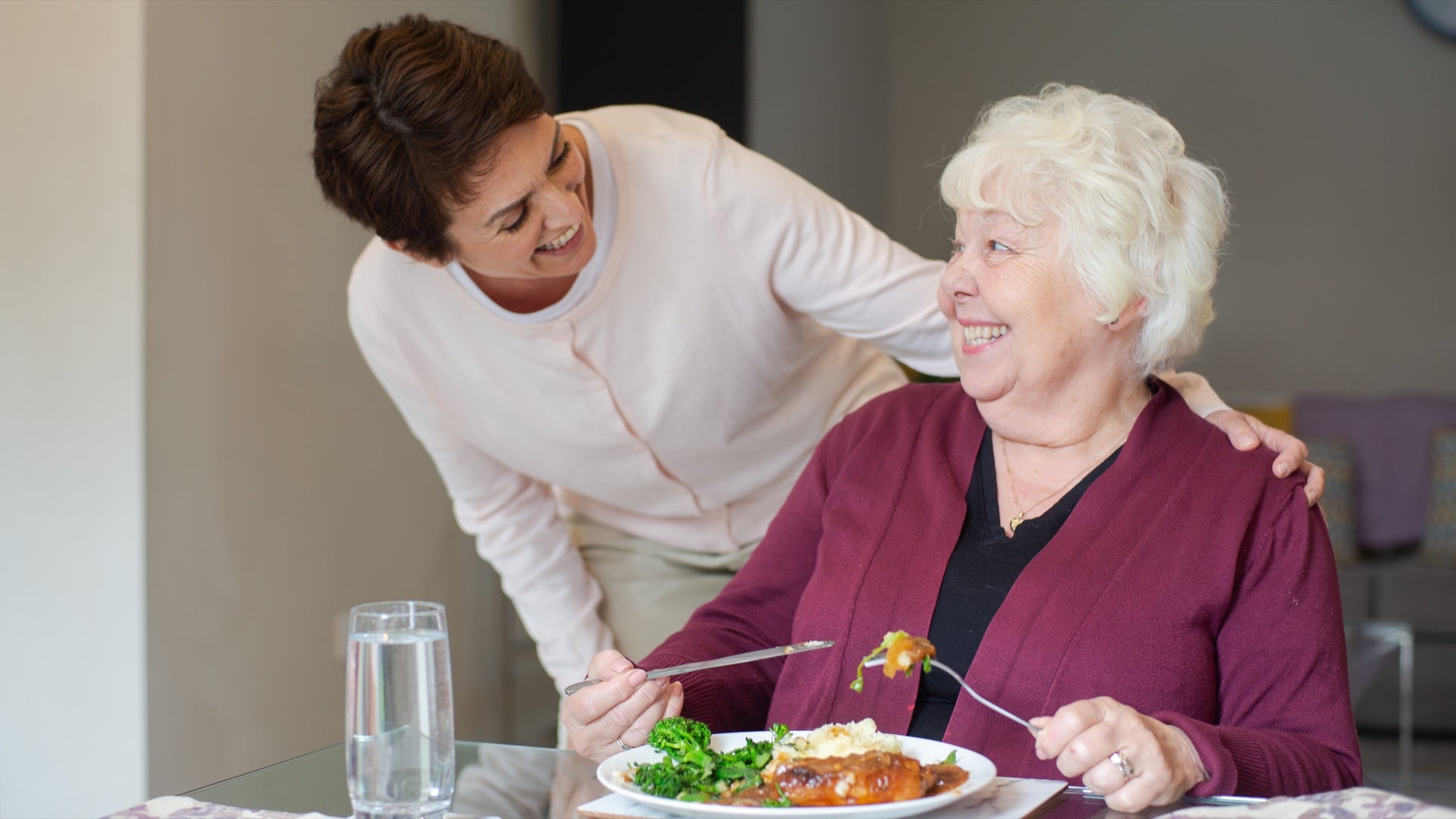
All Helping Hands support workers are trained to deliver a wide range of care services to people with varying needs. For people living with a brain injury, this includes medical support when required as part of a holistic care plan, ensuring you always get the assistance you need, when you need it.
We’ve also developed an innovative approach to communicating with our customers, incorporating a variety of methods. We always look to find a form of communication that suits you or your loved one, so that you’re able to maintain
Your carer can support you with:
Getting out of bed
All of our carers receive expert mobility support training, so can help you to get into and out of bed safely
Getting dressed
Your carer can make your morning routine so much easier, allowing you to get on with the day
Housekeeping
From doing the laundry to vacuuming the stairs, a carer can help keep your home looking ‘just so’
Preparing meals
Your carer can prepare your favourite meals and drinks, as well as healthy snacks, at the times that suit you
Bathing and continence
Our carers provide discreet, sensitive assistance with personal care routines to boost your hygiene
Medication
A carer can collect your medication on your behalf and help you to organise and administer it
Hear from people with similar conditions
Hear from two of our customers, Sally and Sarah-Jane, who we’ve supported while they go through the rehabilitation process after experiencing brain injuries.

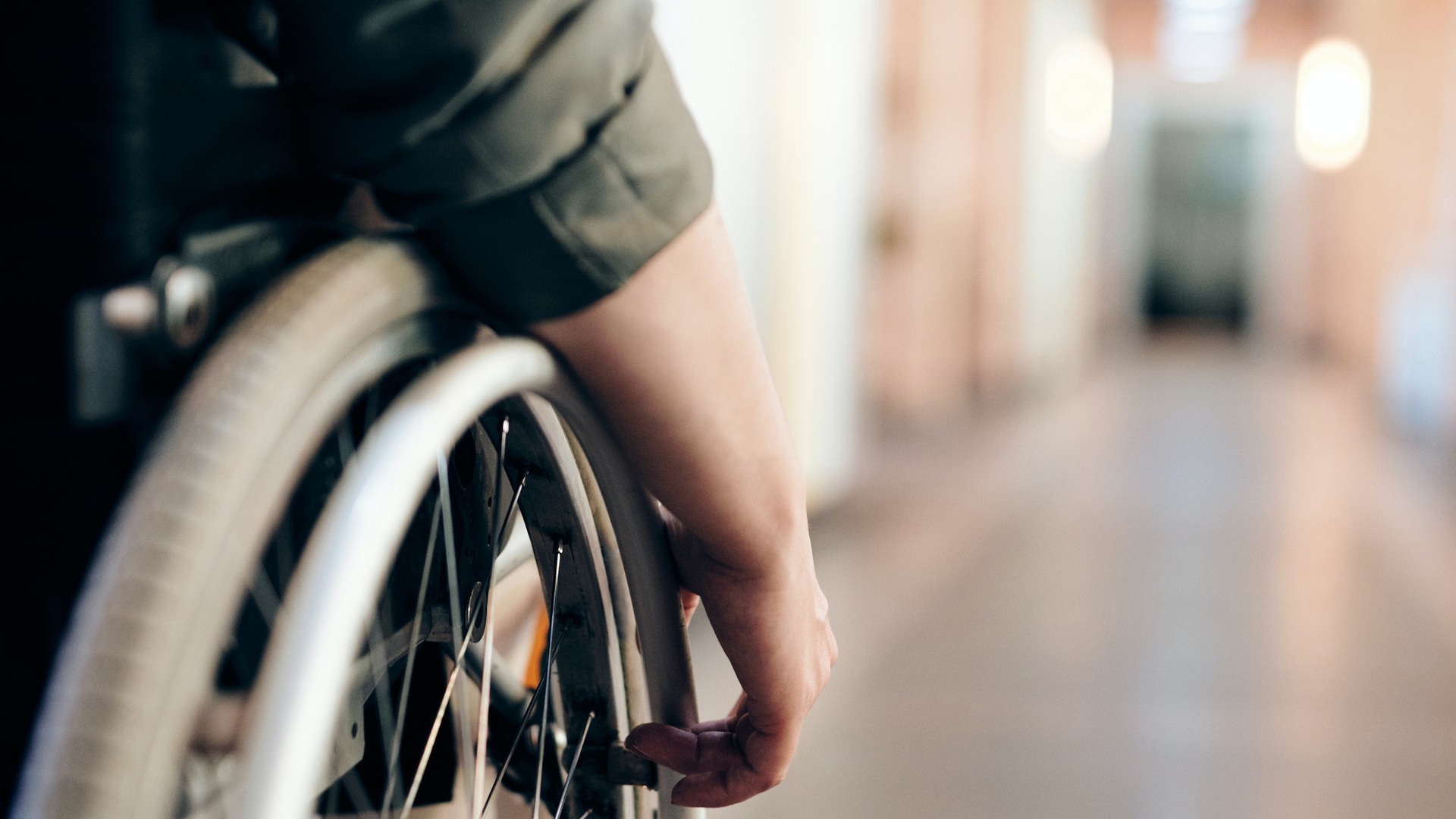
Supporting your loved one in hospital and beyond
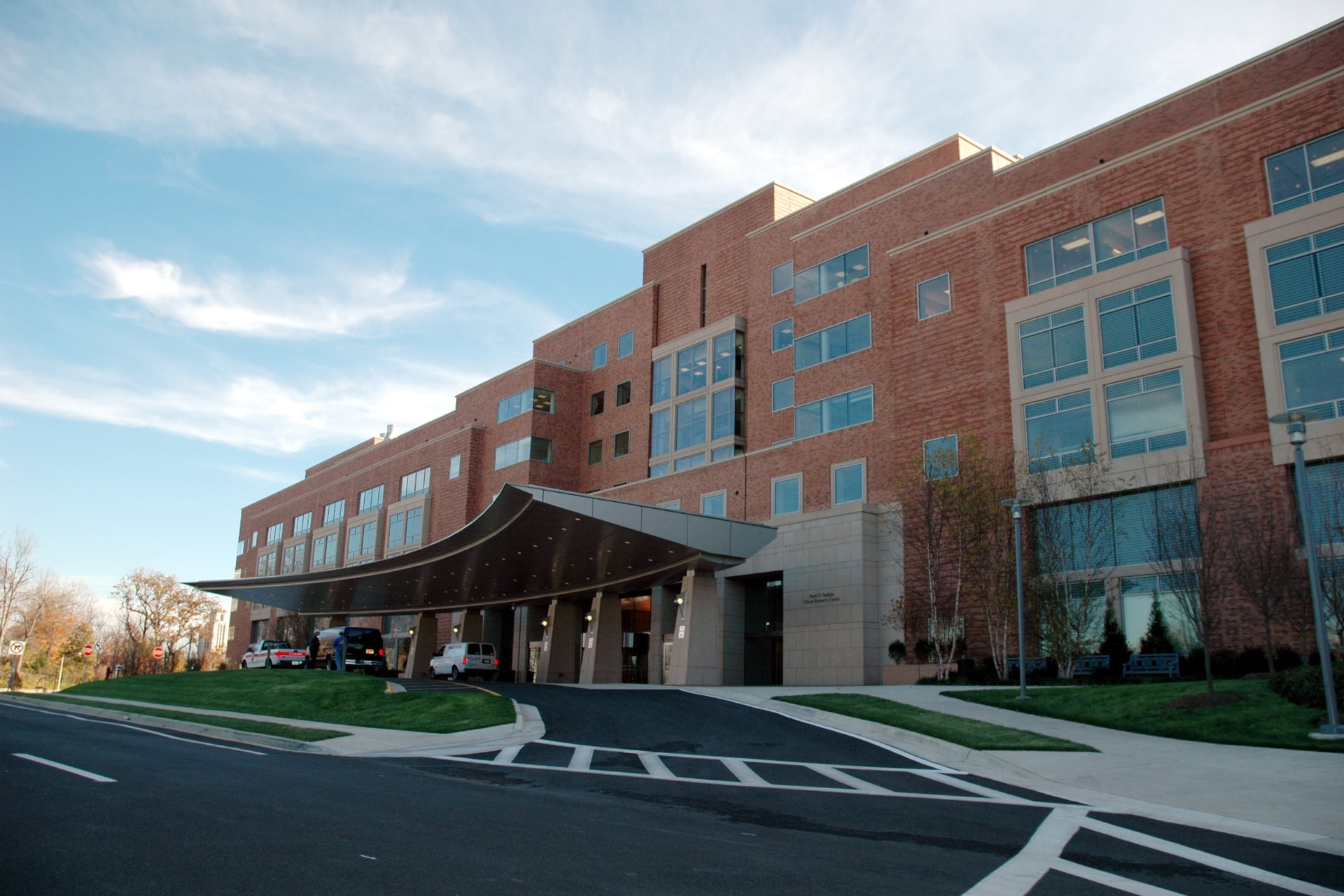
Our carers can provide expert support and a reassuring presence to someone in hospital.
Being admitted to hospital with a brain injury can be a daunting and distressing time, both for your loved one and the wider family. However, being in hospital doesn’t mean they can’t have support.
Having a Helping Hands carer assist your loved one during their time in hospital can provide them with vital support and companionship, as well as giving you peace of mind that they’ve got someone looking after them and even keeping their home in order. Here are some of the practical ways in which a carer can provide support in hospital:
Bring home comforts
You can ask your loved one’s carer to bring them anything they might need from your home to make their stay in hospital that bit more enjoyable
Look after pets
Your regular carer can feed, walk and take care of your loved one’s furry friends until you get home, rather than having to place them in a kennel
Do the housework
Your carer can make sure your loved one’s home is kept clean and fresh while they’re in hospital, ready for them to make a smooth return
Valued companionship
if there are days when family and friends are unable to visit, a carer can still pop in and give your loved one a friendly face to chat to
Prepare food
A carer can enhance your loved one’s hospital stay by bringing them their favourite meals and nutritious snacks, in line with their treatment
Ensure a smooth discharge
Families often contact us when a loved one is being discharged from hospital, so we can continue the rehabilitation support as soon as they arrive home
Our specialist brain injury trained carers
We’re meticulous in choosing the right carers to join our team. They all go through a stringent selection process, and only those who meet the high standards we’ve set over the last 35 years become a Helping Hands carer. Every carer receives our industry-leading training, and participates in regular refresher courses.
Our carers are warm and positive in their approach to caring for someone with a brain injury, and some of them have delivered brain injury home care to their customers for a number of years. They’re always keen to chat and find out about what each individual wants so they can provide the right level of support required.
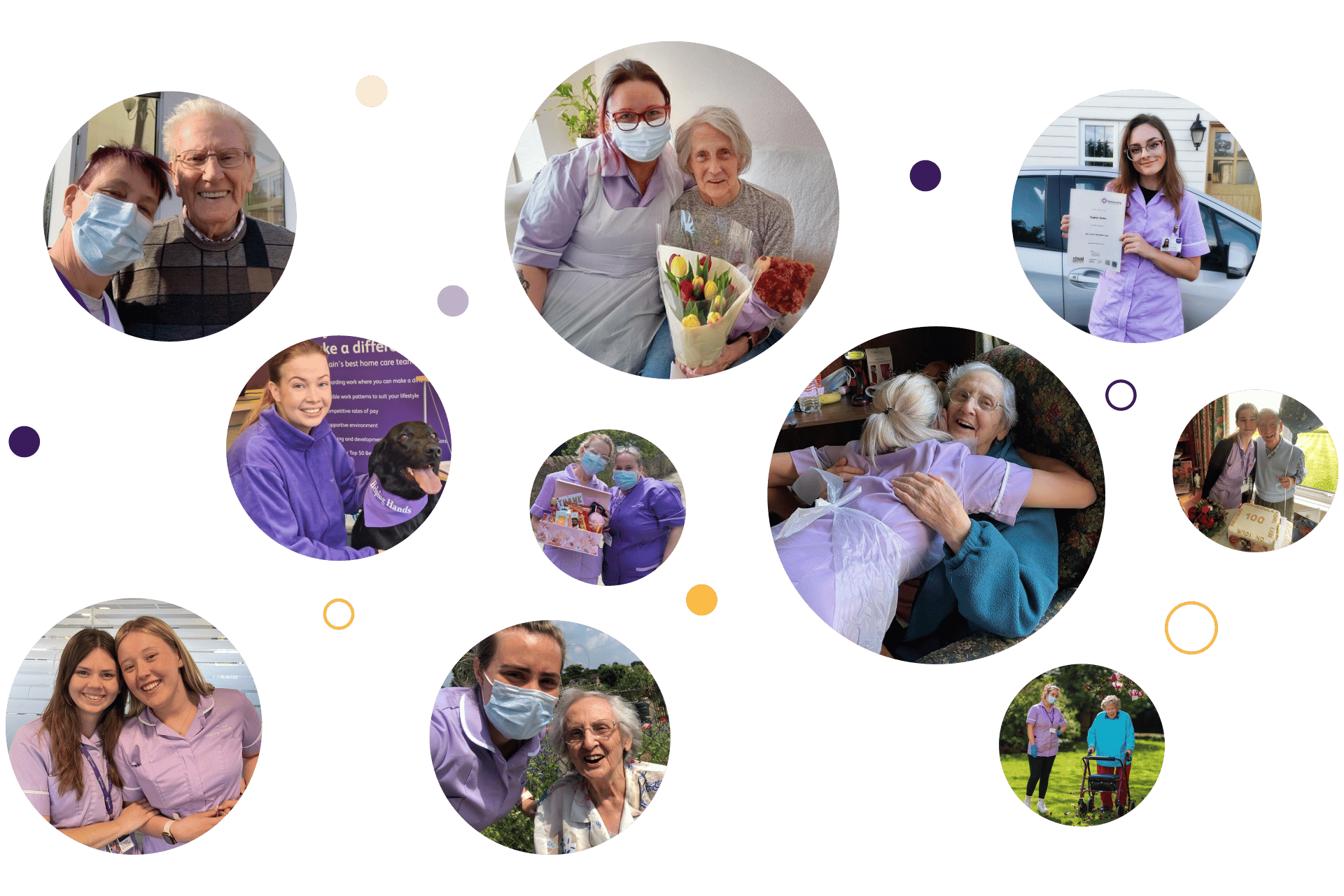
How to arrange care

Speak to our team
Call our friendly support team to talk through your options and any questions you may have.
Free home care assessment
Your local Helping Hands manager will visit you to discuss your care requirements.
Find your carer
We’ll partner you with an expert carer who meets your preferences and has the right skills.
Fully regulated by the CQC / CIW
Here at Helping Hands, our brain injury support is fully managed and regulated by the Care Quality Commission (CQC).
From your very first phone call to our friendly team, every aspect of your home care service is independently monitored and regulated by the CQC and Care Inspectorate Wales (CIW).
Why is it important to have regulated care?
What does regulation mean?
Our service is regularly monitored, inspected and evaluated by an independent body
Why do we choose to be regulated?
We want every customer to have full peace of mind that their care is approved by a regulating body
How does regulation affect my care?
A regulated service means your care will always be of the same high standard, day in, day out
Page reviewed by Deanna Lane, Senior Regional Clinical Lead, on November 10, 2021.
How we wrote this page
This page has been produced referencing key insights and data from external experts, trusted medical sources and our team of in-house specialists. We have worked hard to ensure that all information is as accurate as possible and reflects current consensus at the time of writing and reviewing.